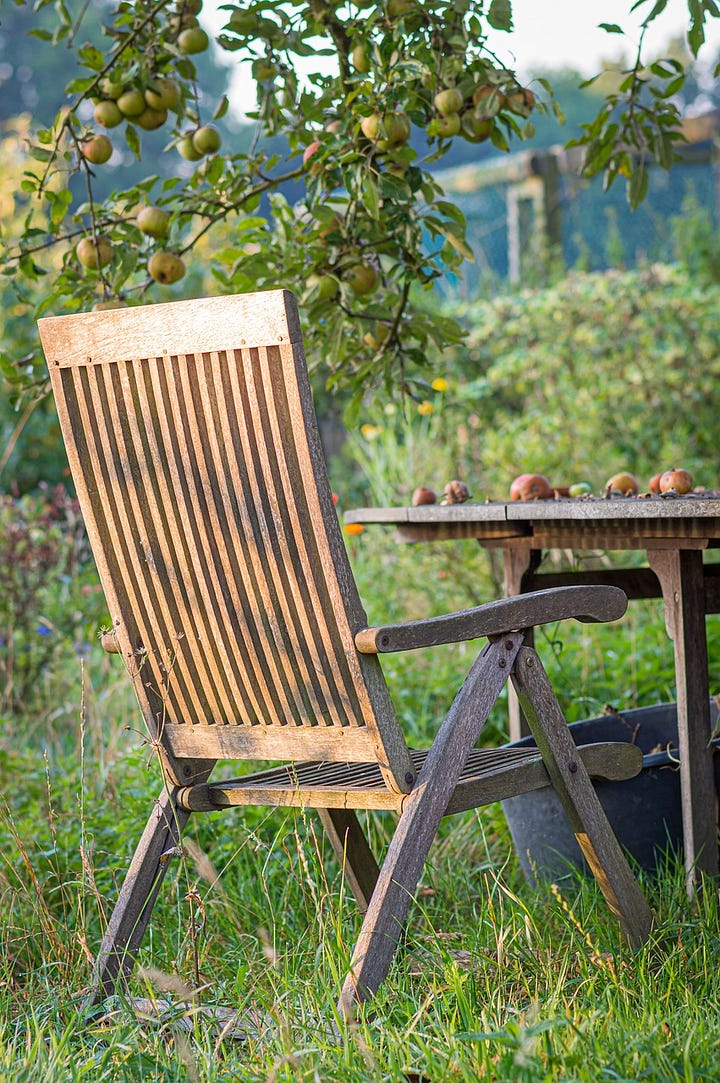The moment my husband and I became mom and dad was surreal, scary, and all together different than we’d pictured. In many ways, our son’s birth was a perfectly appropriate introduction to parenthood. Full of unforeseen twists, turns, and what the hell was that?? moments, parenting young kids will keep even the most nimble athlete on their toes.
Now, as our son is on the verge of turning 2, we find ourselves navigating some new “sharky” waters. And yes, obviously I do mean sharky in the sense that includes various renditions of “Baby Shark” sung at volume with an n-squared number of “doo doo doo’s” punctuating each line.
On the one hand, we’re witnessing some really beautiful changes in our son. For instance, I’ll say to him, “baby, I love you!” and he will now respond, “I love you, basketball.” He can put his own shoes on! He can make free throws at his hand-me-down Little Tikes basketball hoop with alarming accuracy. He can sing his ABCs, the squishing up a baby bumble bee song, the Muffin Man, and the Tooty Ta! all from memory, all the time, all day or night, and in a sort of edgy mash-up that’s honestly a bop.
On the other hand, things have started to, well, get out of hand.
His emotions are dialed all the way up to 100 and he doesn’t know what to do with them. He’s noticing smells and tastes and textures in his food and - this just in - he’s not a fan. He’s eating flowers and crayons and absolutely none of his dinner.
All of this is totally normal toddler stuff what we totally expected to face. And yet, we’re totally underwater. This transition to 2-years-old is one of those “just you wait…” stages that those pesky nagging parental-advice-givers warned us about.1 My husband and I both know the next few years of toddlerhood will be a rollercoaster, regardless of how we parentally prepare. We’re reading books, listening to podcasts, and doing our healthy share of asking AI for advice these days. Most of our current queries center around food and tantrums.
The biggest challenge for us? You never know which version of the kid you’re gonna get.
The biggest challenge for him? He doesn’t see it coming either. One lesson we have already picked up from the toddler parenting community is this:
When your child is in a heightened emotional state, they are not intentionally manipulating you. Rather, they are confused and overwhelmed as they navigate entirely new emotions and experiences without the ability to self-regulate.
With a healthy and empathetic attitude onboard, we find ourselves trying to learn how to speak our son’s particular dialect of Toddler. So far, I feel a bit like Victoria Ratliffe ordering room service in Thai in the latest season of White Lotus. I might sound sound fluent to someone who doesn’t speak a lick of Thai.
Don’t worry. I’m not going to pivot into any advice or platitudes on this topic just yet. That would be like a novice skier “snow plowing” her way hastily down a beginner ski run (the one marked with the green circle??), picking up a few minor bruises along the way, and then offering ski lessons an hour later.
We’re surviving, not thriving over here, people.
But, because you have to laugh so you won’t cry, here’s a brief list of toddler management tactics that my husband and I have learned don’t work:
Making a dinner we “know he loves.” [Not anymore, assholes]
Rebranding foods to ones we know he loves (potato skins —> french fries) [I see what you’re doing there…]
Putting his food nicely cut up in his regular compartment plates (shaped like crabs). [What am I, a BABY!?!]
Letting him eat his dinner standing at the kitchen toddler tower. [Closer…but that doesn’t change the food on the plate.]
Giving him his dinner on a “grown up plate.” [See above!]
Eating the same food as him together at the dining table [Interesting proposition, but I’ll have none of it, thank you.]
Trying bites of his food and gushing over how delicious they are. [Glad you like it, weirdos…]
Asking if we can have more bites of his food. [Sure, go to town…]
Asking him to try a bite of something on his plate. [No??]
Telling him why we have set a boundary, while an active tantrum is happening. [I can’t hear you]
Telling him we will do whatever he’s asking to do later. [What does later even mean?]
Giving him a hug, water, the license to hit a pillow, etc. [hit or miss…]
Okay, now that I’ve shared the messy reality of this transition we are making, I’d love to know your thoughts and tips!
What are my husband and I missing? What else doesn’t work that we can laugh about? What does work?
Any perspective on how long we can expect to be in the throes of it all?
Maybe next week, I’ll have some more poetic and sage wisdom to share, but for now, let me leave with some visual inspiration that feels like it matches the vibe of this week. Perhaps one of these images will spark your juices, like they did for me.
—LJ




«As a relevant aside, I hope we can all agree that the downers telling pregnant people things like, “just you wait til you never sleep again in the newborn phase” can go kick rocks. There’s so much more to look forward to than there is to fear in early parenthood — and that goes for the topic of toddler feelings I’m writing about here, too.»






I can relate so much to this. Mine are 3.5 and 5.5 and I wish I could tell you it is going to be better soon. Some things get better and then new hards get added. 🙃
There’s only one tantrum trick I was told that worked. When they’re in what you think is middle to the end of a tantrum, point out something around them and call it the wrong color. They’re forced to stop and do what they do best, tell you that did something wrong. Then when they correct you, start laughing about how silly it was you said it was the wrong color, hopefully they also start laughing and you move on to the next tantrum-free 10 minutes.
Most of the time we tried it, it worked. A few times it enraged my daughter… so best of luck!